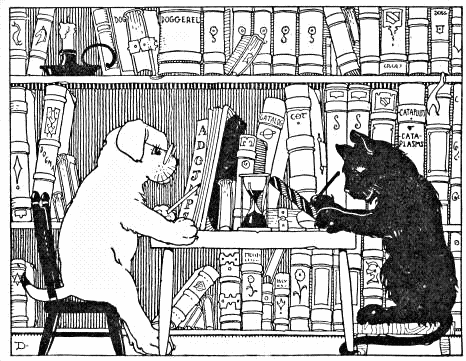 |
| image via http://www.nycga.net/resources/general-assembly-guide/ |
I've got neutrality on my mind lately, particularly from many excellent #critlib chats talking about a sense of false neutrality in libraries and library instruction. And also in thinking about educational technology in the sense of how we use it, and how it is designed. Likewise, my ACRL-track panel proposal for ALA 2015 with Emily Drabinski, Jenna Freedman, Kelly McElroy, and Annie Pho was accepted: "But we're neutral! And other librarian fictions confronted by #critlib."
But I specifically wanted to draw greater attention to a good discussion starting on Andy Woodworth's blog in the comments about re-imagining librarian "rockstars" that hasn't gained much traction (yet?).
Although Andy does acknowledge it is a loaded term, I think the problem comes in trying to neutralize the idea of the rockstar--or leader. In the comments, Andromeda brought up an excellent point:
“all of the nuance that comes with human beings and their personality. Should a role model librarian be assertive, but not overbearing? Be outspoken, but not self-aggrandizing? Be confident, but not arrogant?”
To me, these are questions that can’t be addressed without also addressing their gendered and racial overtones. You and I doing exactly the same thing – you might get read as “assertive” (a masculine virtue bespeaking leadership), whereas I might get read as “aggressive” or even “bitchy”. And when I hear our black colleagues talk about how they’re read doing that same thing, it’s “bitchy” or “angry” or even “scary”.
All of those questions you ask carry additional “but not” adjectives that narrow, or even close, the space of the possible, for some people.It's problematic to think about what we should expect from our leaders as broad, neutral categories of traits if 1. desirable leadership traits are based on norms of white, middle-class, cis-het males and if 2. we truly hope to increase diversity within librarianship. I added a comment:
These are great things to think about, but I do think Andromeda’s points warrant greater focus. There can’t really be an “ideal” with ongoing systems of societal oppression. We could say an assertive and highly motivated person could be an example of what a good role model would look like, but if a number of our colleagues are judged differently when exhibiting those traits, then the way we think about leaders in the profession has to be nuanced and understood within the greater context of society. Likewise, when white, cis-het men wind up being the majority of keynotes or those who are most visible, that can dictate certain expectations for leaders that seem normal and neutral but are highly skewed.I don't want the point of this post to be giving Andy a hard time...and interrupting myself, look at that. I clearly felt it necessary to qualify my thoughts and my post to ensure I don't come across as being "bitchy" or stirring the pot. I think it's important to look at how we might easily miss false neutrality in not just library instruction and library services in what we project outward to our public, but also our own internal perceptions and expectations for ourselves as "professionals" (which can be an additionally loaded term).


